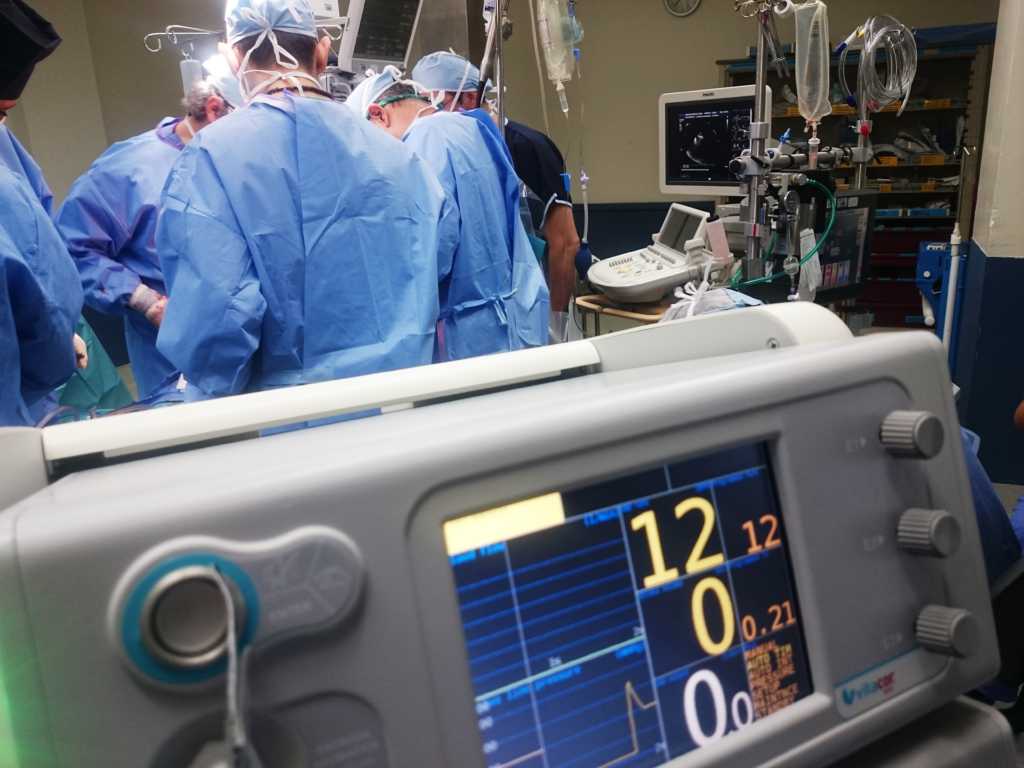One of the world’s leading genital reconstruction surgeons has noted a marked increase in “sex change regret,” with many patients returning to him for procedures to restore their biological sex to its original form.
‘X-Factor’ Contestant Gets Slammed for Saying He Left Homosexual Lifestyle After Finding God
Professor Miroslav Djordjevic told the Canadian news outlet National Post that, for the first time, his patients are returning to him for a reversal of their gender reassignment surgery at great financial and physical cost. Indeed, the procedure to revert a person’s gender back to its original state can be highly painful, extremely expensive and can take up to a year to fully complete. In some cases, the surgery can cost up to $18,000.
“Those wishing the reversal have spoken to him about crippling levels of depression following their transition and in some cases even contemplated suicide,” Djordjevic told the National Post. “It can be a real disaster to hear these stories.”
However, despite the alarming number of people backtracking on their decision to undergo a sex change, the experienced surgeon noted that discussion on the subject is difficult to host due to being “potentially politically incorrect,” and a highly sensitive issue as a whole.
In a recent example, one academic psychotherapist attempted to submit a research plan to Bath Spa University in which he intended to study some of the growing trends of “de-transitioning,” he was turned down.
[A]fter submitting the more detailed proposal to Bath Spa, [James Caspian] discovered he had been referred to the university ethics committee, which rejected it over fears of criticism that might be directed towards the university,” the Post reported, adding that the college’s primary concern was the “powerful transgender lobby” that remains highly active on social media.
Caspian noted that he was “astonished” at the university’s decision to reject his proposal, but refrained from offering further comment while a review of the action is conducted internally.
Djordjevic vehemently disagrees with this type of attitude toward prospective research into the shifting trends with regards to gender reassignment surgery.
“Reversal surgery and regret in transgender persons is one of the very hot topics,” he said, adding that “we have to support all research in this field” in order to understand the situation better.
The mental health effects of transgenderism have also continued to concern medical professionals. Indeed, over half of all youths who self-identify as male despite being biologically female have attempted suicide, according to a recent report.
According to the study, “Transgender Adolescent Suicide Behavior,” some 51 percent of female and male trans-identified teenagers revealed they had attempted to kill themselves at least once.
The data, collected by Russell B. Toomey, Ph.D., of the University of Arizona-Tucson, was taken from 120,617 participants ages 11 to 19. The most revelatory question asked by the researcher was simply, “Have you ever tried to kill yourself?”
Fourteen percent of all those questioned said they had, which in itself is awfully tragic. But the numbers hiked up considerably when the respondents were narrowed down to just those who self-identified as a gender that differed from the one on their original birth certificate.
Of those surveyed, 202 identified as male to female transgender, 175 identified as female to male transgender, 344 identified as non-binary transgender and 1,052 identified as “questioning” their gender identity at the time of filling out the survey.
Approximately 30 percent of those in “questioning” category, as well those who had self-transitioned from male to female, said they had attempted suicide at some point in their life. Some 42 percent of those who identified as “nonbinary” had at one stage tried to take their own life.



